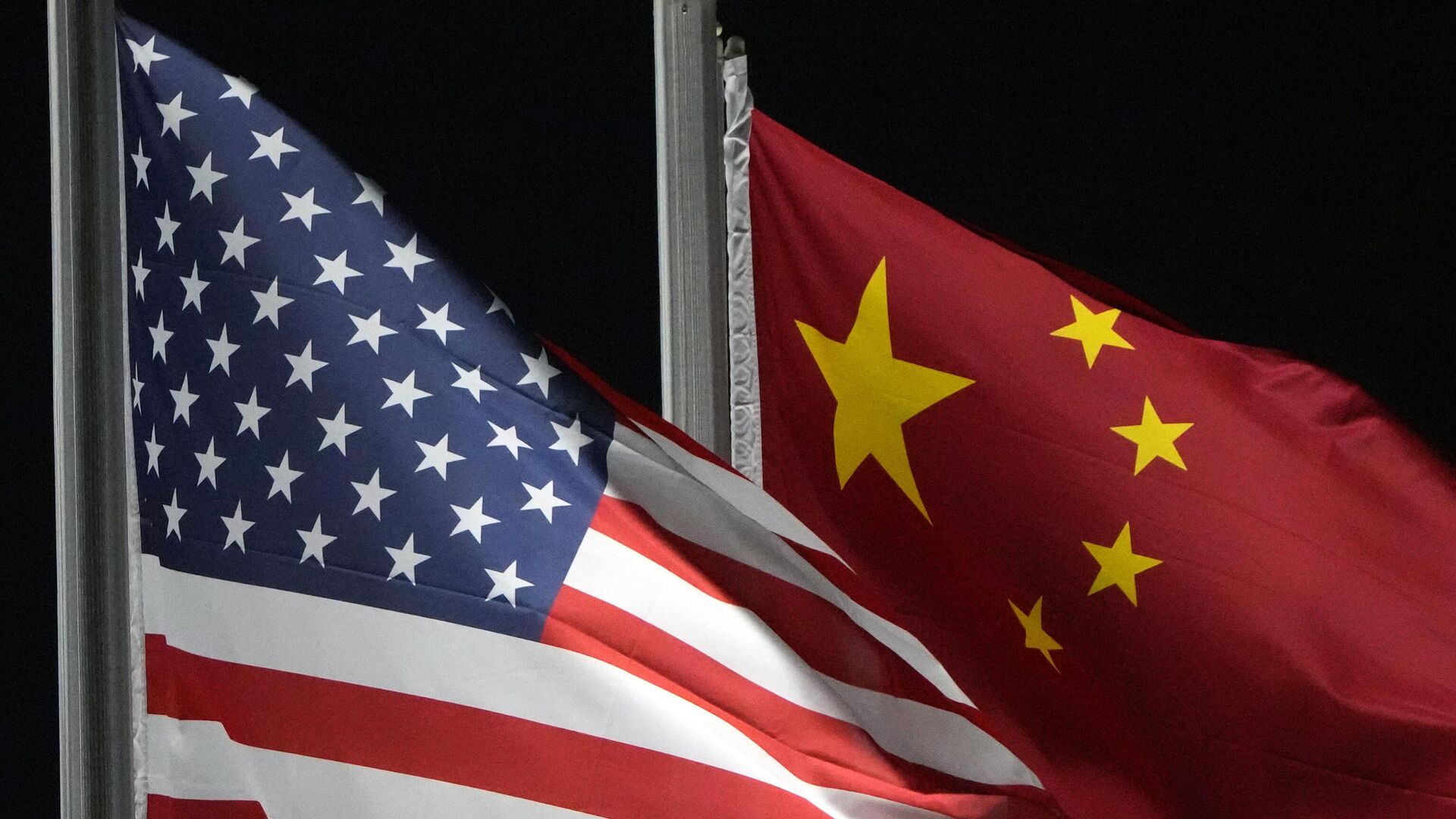Beijing - Saba:
The Chinese Ministry of Commerce confirmed on Monday that Beijing emphasizes the importance of resolving economic and trade disputes with the United States through dialogue, noting that it strongly opposes any party reaching an agreement with Washington on tariffs at China's expense.
The ministry said in a statement posted on its official website: "China respects the efforts of all parties to resolve their economic and trade disputes with the United States through equal dialogue.
China believes that all parties should stand on the side of justice and fairness, uphold historical correctness, and defend international economic and trade rules and the multilateral trading system on the issue of 'reciprocal tariffs'".
It is important to point out in particular that China firmly opposes any party reaching an agreement at the expense of its interests. If this occurs, China will never accept it and will take resolute countermeasures in kind. China is both determined and capable of safeguarding its rights and interests."
It added: "China is willing to strengthen solidarity and coordination with all parties, work together to counter and jointly resist unilateral bullying, safeguard its legitimate rights and interests, and uphold international fairness and justice."
The ministry continued: "Recently, the United States has been abusing tariffs on all its trading partners under the guise of so-called 'reciprocity,' while simultaneously forcing all parties to initiate so-called 'reciprocal tariff negotiations' with it.
This move aims to promote hegemonic policies and implement a unilateral policy of domination in the economic and trade sphere under the guise of 'equivalence.'"
It emphasized that "appeasement will not bring peace, and concessions will not be respected. Seeking so-called exemptions at the expense of others' interests for temporary selfish gains is like trying to obtain a tiger's skin." Ultimately, both sides will fail, and neither will benefit."
US President Donald Trump had previously announced raising US tariffs on Chinese imports to 125 percent, citing "China's lack of respect for global markets." He also announced a 90-day suspension of tariffs on more than 75 countries, reducing them to a minimum rate of 10 percent.
China responded by increasing tariffs on US goods from 84 percent to 125 percent, stating that it would "ignore" any additional tariffs imposed by the Trump administration.
On April 2, Trump announced the imposition of "reciprocal tariffs" on imports from other countries. The basic minimum rate will be 10 percent, but each country will set its own tariff at half of what it charges companies importing US goods.
Trump said this would be a "declaration of economic independence" for the United States and would help use "trillions and trillions of dollars" to pay off the national debt.
On April 9, This April, Trump announced a 90-day suspension of planned tariffs on more than 75 countries, allowing negotiations with these countries regarding their trade imbalances with the United States. China was not among these countries.
The World Trade Organization estimated that trade volume between the United States and China could decline by 80 percent due to the reciprocal tariffs imposed by the two countries.

| more of (International) |




